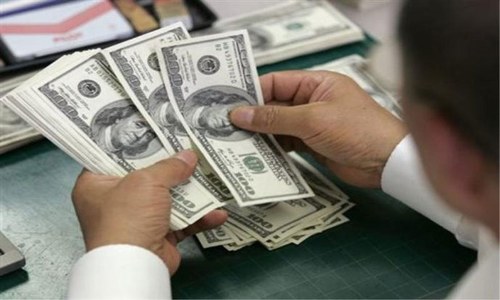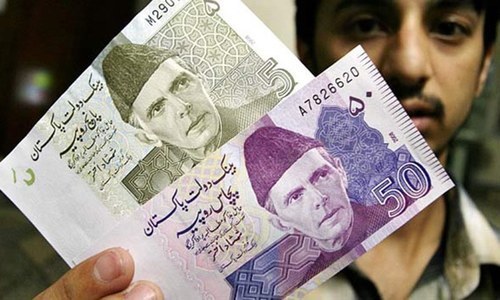ISLAMABAD: Inflation edged up 4.6 per cent year-on-year in December 2017 on the back of a persistent increase in petroleum products and regulatory duties on imported consumer goods.
This was the highest month-on-month increase since April 2017, heralding a trend that consumer inflation will go up in coming months, according to data released by the Pakistan Bureau of Statistics on Monday.
The rupee was recently depreciated, which will also reflect in the prices of imported goods in the next couple of months.
Moreover, the government imposed regulatory duties on several hundred items, including foodstuff, to meet the revenue collection target for the current fiscal year.
Average inflation in July-December 2017 was 3.75pc against 3.88pc a year ago. The annual inflation target for the current fiscal year is 6pc.
Inflation, measured through the consumer price index (CPI), tracks the prices of around 480 commodities every month in urban centres across the country.
Food inflation in December was 3.8pc on an annual basis and 0.6pc on a monthly basis. Non-food inflation remained 5.1pc year-on-year and 0.2pc month-on-month.
On a monthly basis, prices of non-perishable food items increased 0.89pc while those of perishable products dropped 7.8pc.
Food items whose prices increased the most in December were chicken, up 23.67pc month-on-month, betel nuts 4.67pc, dried fruit 1.76pc, rice 1.18pc and wheat 1.09pc.
In non-food items, the price of gas cylinders went up 8.3pc, kerosene 4.4pc, petrol 1.9pc and diesel 1.6pc.
Global crude oil prices increased in the past few months. Their impact was passed on to consumers in Pakistan. The increase in the prices of petroleum products in December will be reflected in the inflation figure of January.
Core inflation, measured by excluding volatile food and energy prices, was recorded at 5.5pc in December. The gradual build-up of domestic demand is evident in rising core inflation. Of 89 commodity groups of the CPI, it covers the price movement of 43 items.
Core inflation has remained subdued since November 2015 because of a tighter monetary policy and reduction in food and fuel prices.
Within the group, education and health indices rose 12.4pc and 10.92pc, respectively, in December on a year-on-year basis.
A decline of 18.1pc was witnessed in the index of alcoholic beverages and tobacco. The index of clothing and footwear rose by 3.64pc and that of housing, water, electricity, gas and other fuels by 4.86pc.
Published in Dawn, January 2nd, 2018














































